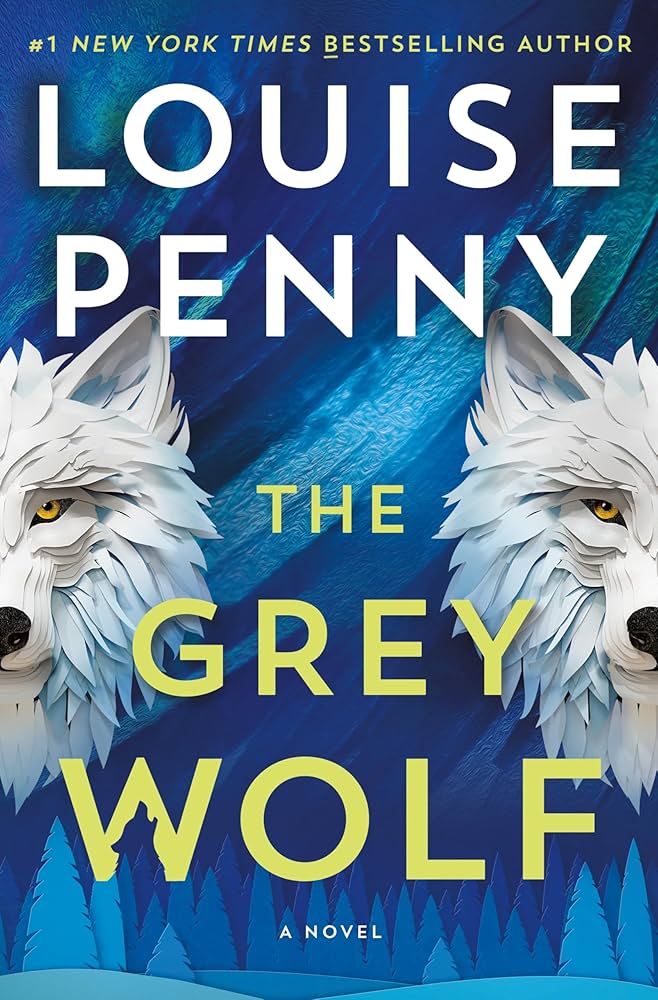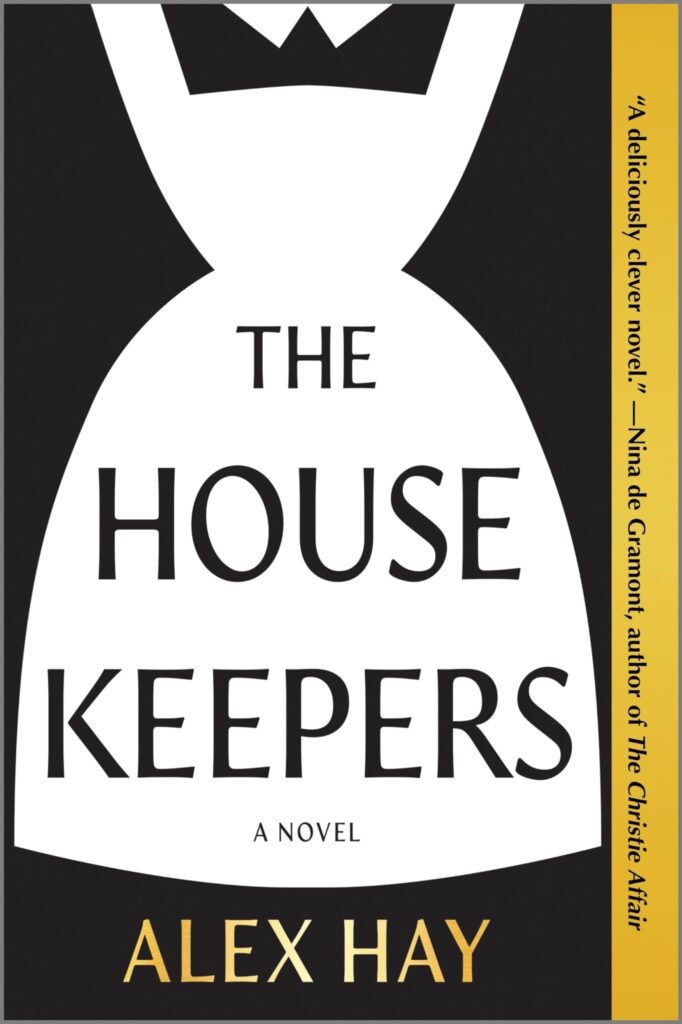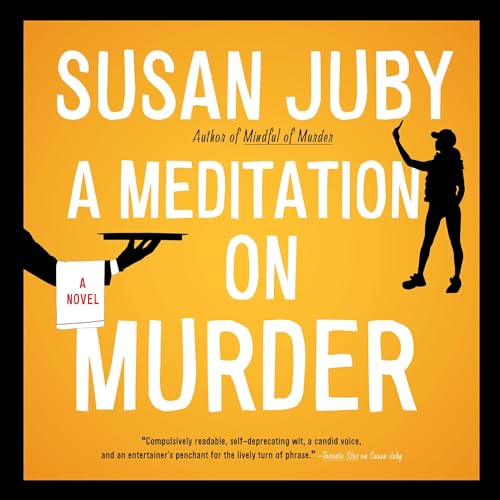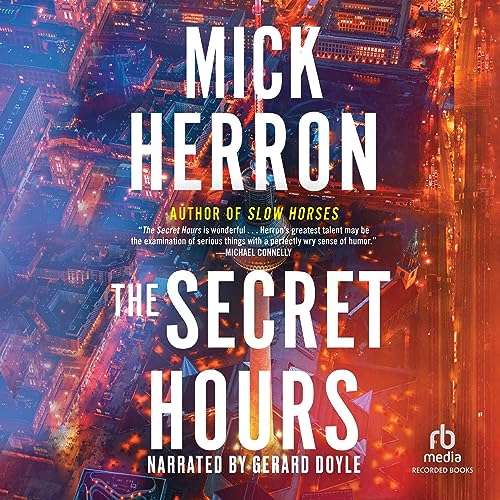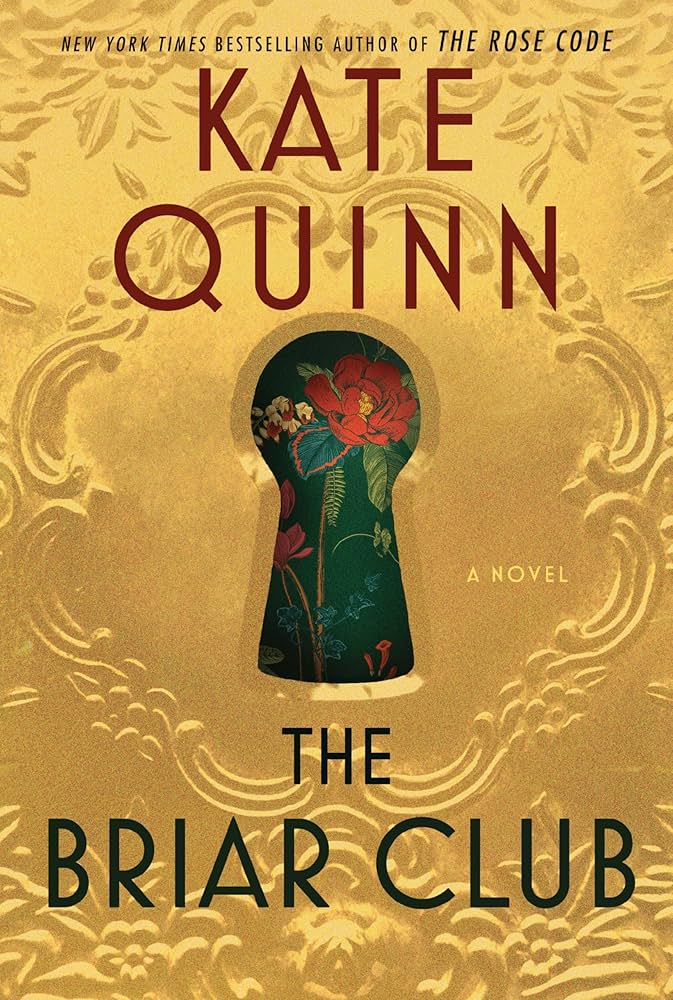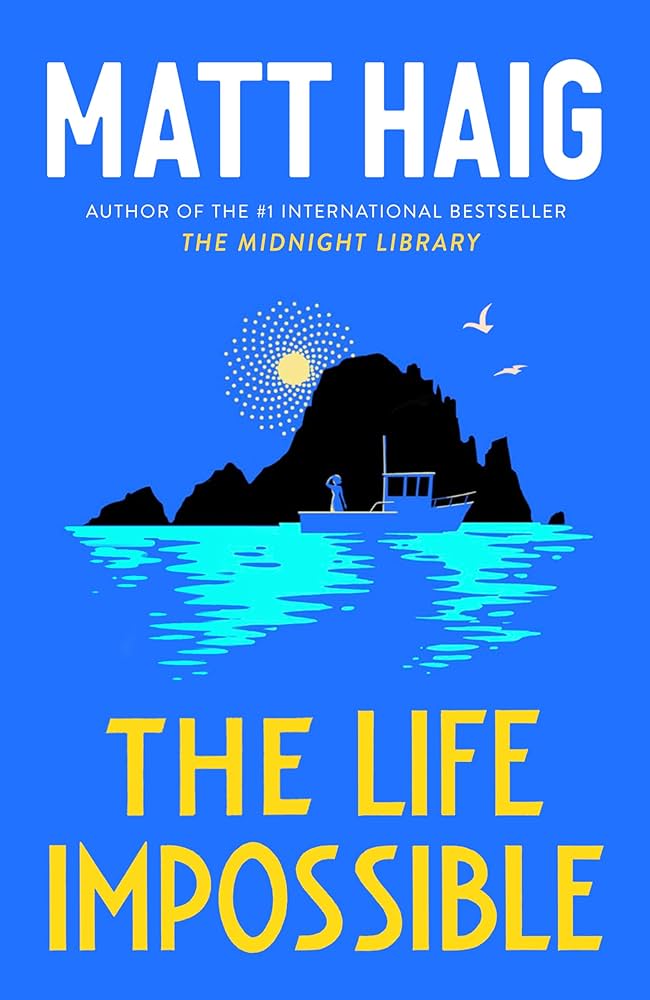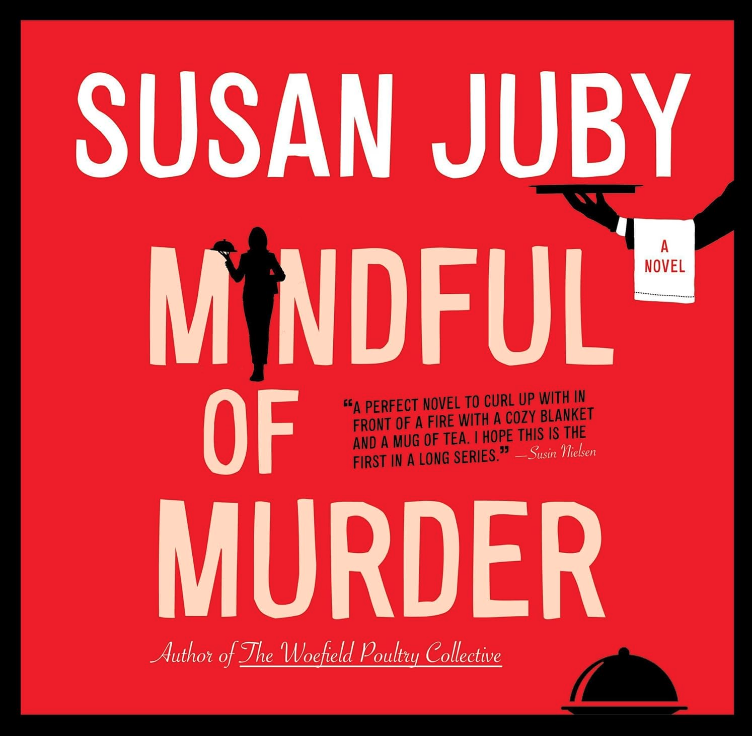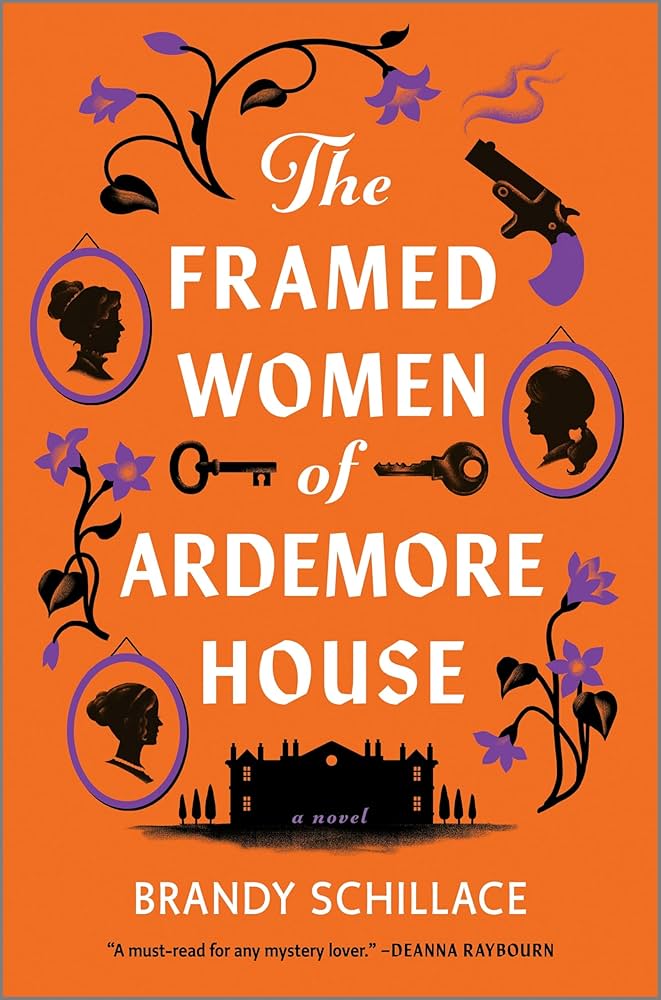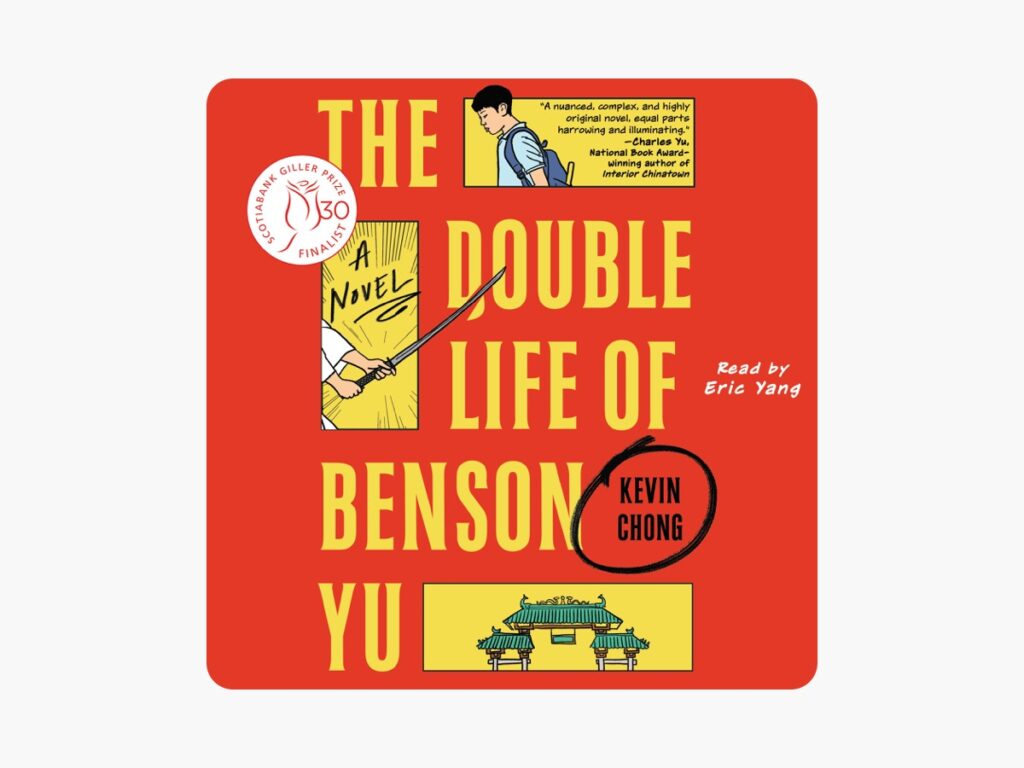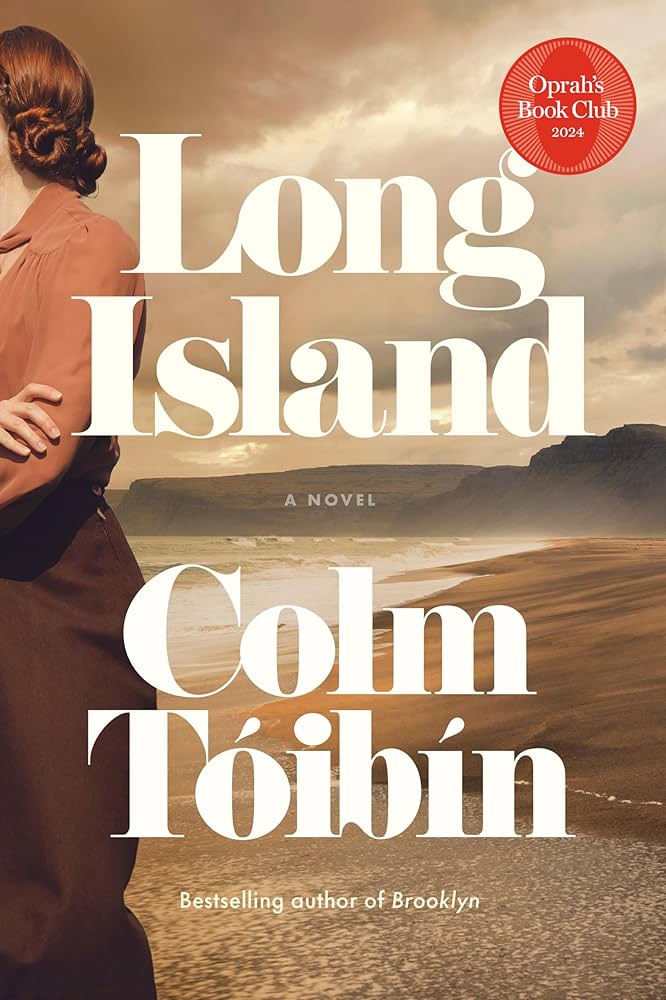
Colm Toibin’s Long Island delves into the life of Eilis Lacey, the heroine of Toibin’s previous novel Brooklyn. It’s 20 years later, and her marriage to Tony Fiorello is falling apart. It’s tough being an Irish immigrant married into a big Italian family. Eilis is quiet and reserved, whereas her in laws are loud and boisterous. Tony’s mother is the matriarch and no one questions her plotting about what’s best for the family.
In the spring of 1976, Eilis (now in her 40s with two teenage children) is confronted by a man at her door who claims that Tony is fathering a child with the man’s wife. He intends to leave the child on her doorstep. Turns out Tony’s mother has a plan and Eilis’s wishes are not her concern.
The rift drives Eilis back to Ireland to visit family and celebrate her mother’s 80th birthday. Once back, readers of Brooklyn are reminded of Eilis’s tryst with Jim Farrell, which occurred when she returned to Ireland shortly after marrying Tony. Will they rekindle that relationship or will she return to America? Toibin is a master at crafting an enduring sense of longing and belonging, while simultaneously planting fear and danger of the undertow.
At the heart of the story is a woman grappling with the push and pull of two ways of life. Everyone in her home village knows everything about everyone. There is a lot of pretense and assumption but also a reassuring rhythm of known habits and social structures. Eilis no longer feels at home here. She misses her quiet Sundays reading the paper. She enjoys her American clothes, her job, her children’s American ways of speaking and being, but there are challenges to contemporary American life and certainly challenges to living in close proximity to all your bossy in laws.
Eilis is outwardly restrained but the novel unfolds the depth of emotion she feels. Toibin’s writing about unfulfilled longing is so good. It is leaves you wondering what Eilis will do. The choice is never clear.
Favourite passage: Eilis has upgraded her mother’s kitchen with a new fridge, washing machine and cooker. But her mother is indignant and refuses to have them installed so the items remain in the hallway, impeding everyone’s passage. But the second Eilis leaves for Dublin to get the children, her mother has the items installed so she can preen for the grandkids.
Once the front door was opened by her mother, Eilis noticed that the fridge and washing machine and cooker were no longer blocking the hallway.
“Well,” her mother said, with her grandchildren standing on the pavement outside her house, “you don’t take after our side at all. You are a pair of Italians. Come in, come in, the whole town’ll be talking about how I left you standing on the street.”
…
Martin and her mother were telling the children about Eilis’s efforts, as soon as she arrived, to make the house more modern.
“All the things were wrong,” her mother said. “Too big, too small, the wrong colour, the wrong make. I had to send them all back.”
Eilis decided not to point out that the fridge, washing machine and cooker were precisely the ones she had bought. They had not been sent back.
If you enjoyed Toibin’s previous works, such as Brooklyn or The Master, you’ll find Long Island just as compelling. This is a story of intricate family dynamics. The pace is measured, but it is a deliberate choice that allows the emotional weight of the story to unfold naturally.
